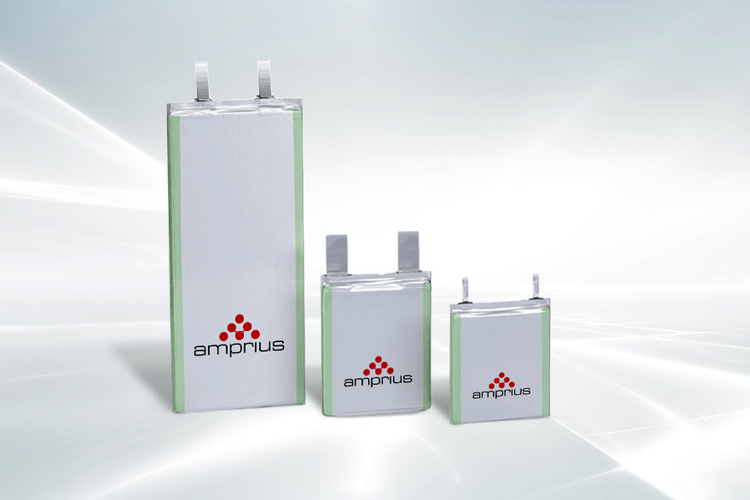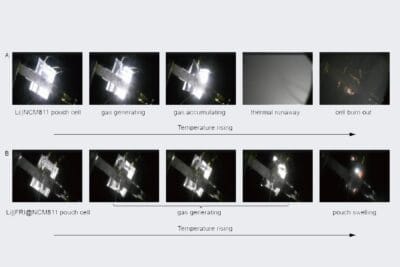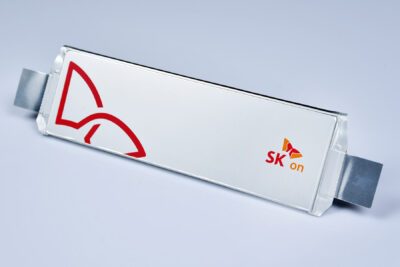Amprius achieves battery energy density of 500 Wh/kg
The Californian battery developer Amprius Technologies says it has increased the energy density of its cells to around 500 Wh/kg or 1,300 Wh/l. Results from the Mobile Power Solutions testing institute have shown that the cells deliver an energy density of 504 Wh/kg or 1,321 Wh/l at 25 degrees Celsius.
According to Amprius, the cells offer “potential industry-disrupting performance with barrier-breaking discharge times”. The new batteries are also up to 50 per cent lighter and smaller than commercially available lithium-ion cells, making them more attractive to the aerospace industry, for example.
“These cells provide a run time of 200 per cent compared to state-of-the-art graphite cells while being lighter and smaller than other batteries with the same energy content,” said Jon Bornstein, President of Amprius Lab. He said that the validation of the new batteries “…sets an industry benchmark for next-generation battery technology that will ultimately revolutionize how high we fly, how far we travel and how long we can use our devices.”
In February last year, Amprius delivered cells with an energy density of 450 Wh/kg and 1,150 Wh/l respectively, initially for use in satellites, saying that the cells with silicon in the form of nanowires as anode material could also make it into future electric vehicles.
This outlook is becoming more concrete as the company plans a plant in the US state of Colorado to produce cells for electric vehicles. The plant is scheduled to begin production in 2025 with an annual capacity of 500 MWh, which the company says will later be expanded to up to 5 GWh.





1 Comment